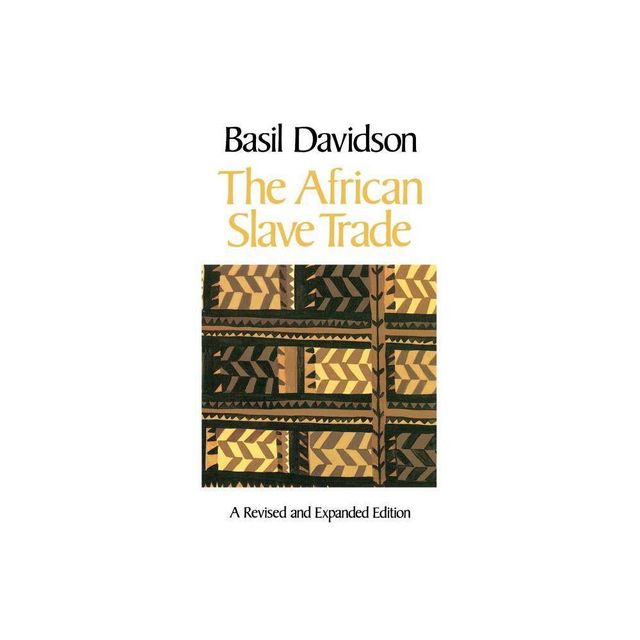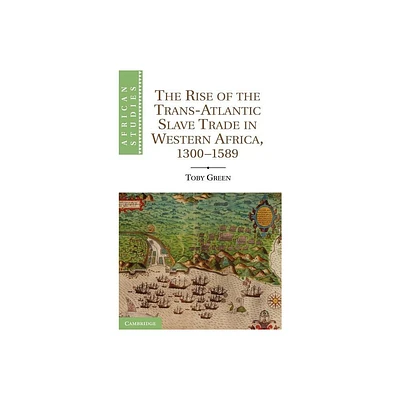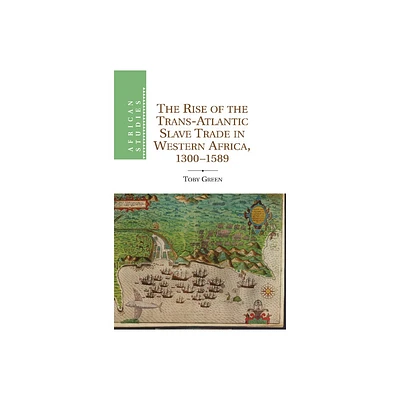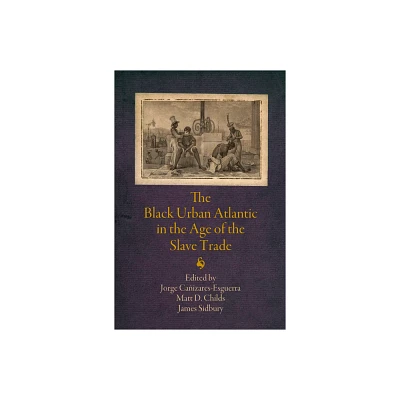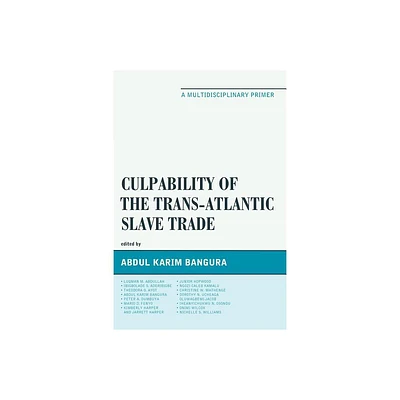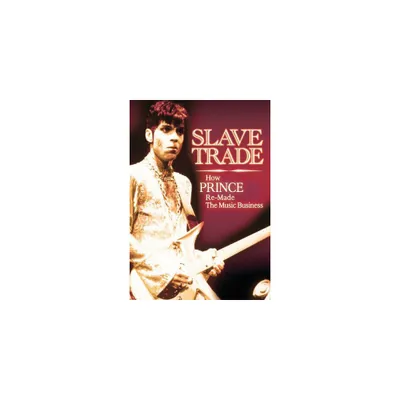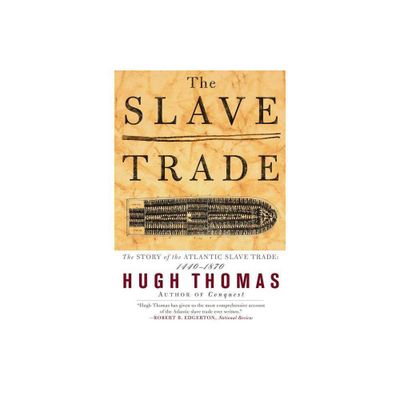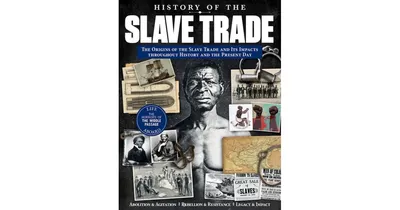Home
Commercial Agriculture, the Slave Trade & Slavery in Atlantic Africa
Loading Inventory...
Barnes and Noble
Commercial Agriculture, the Slave Trade & Slavery in Atlantic Africa
Current price: $105.00


Barnes and Noble
Commercial Agriculture, the Slave Trade & Slavery in Atlantic Africa
Current price: $105.00
Loading Inventory...
Size: OS
*Product Information may vary - to confirm product availability, pricing, and additional information please contact Barnes and Noble
Re-envisages what we know about African political economies through its examination of one of the key questions in colonial and African history, that of commercial agriculture and its relationship to slavery.
This book considers commercial agriculture in Africa in relation to the trans-Atlantic slave trade and the institution of slavery within Africa itself, from the beginnings of European maritime trade in the fifteenth century to theearly stages of colonial rule in the twentieth century.
From the outset, the export of agricultural produce from Africa represented a potential alternative to the slave trade: although the predominant trend was to transport enslaved Africans to the Americas to cultivate crops, there was recurrent interest in the possibility of establishing plantations in Africa to produce such crops, or to purchase them from independent African producers. Thisidea gained greater currency in the context of the movement for the abolition of the slave trade from the late eighteenth century onwards, when the promotion of commercial agriculture in Africa was seen as a means of suppressing the slave trade. At the same time, the slave trade itself stimulated commercial agriculture in Africa, to supply provisions for slave-ships in the Middle Passage. Commercial agriculture was also linked to slavery within Africa, since slaves were widely employed there in agricultural production. Although Abolitionists hoped that production of export crops in Africa would be based on free labour, in practice it often employed enslaved labour, so that slaveryin Africa persisted into the colonial period.
Robin Law is Emeritus Professor of African History, University of Stirling; Suzanne Schwarz is Professor of History, University of Worcester; Silke Strickrodt is Visiting Research Fellow at the Department of African Studies and Anthropology, University of Birmingham.
